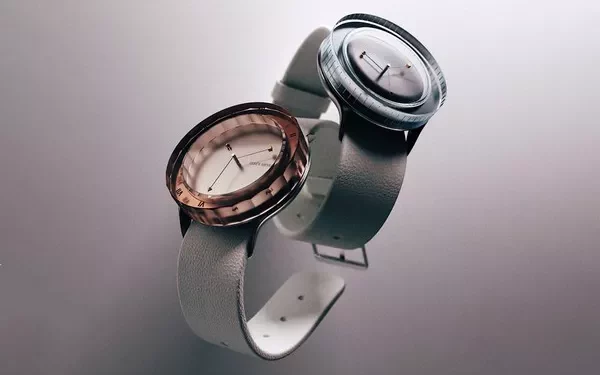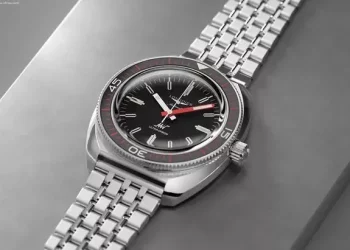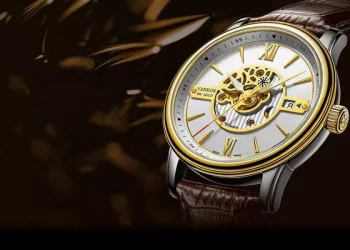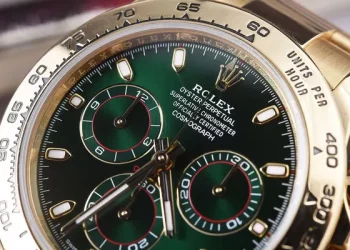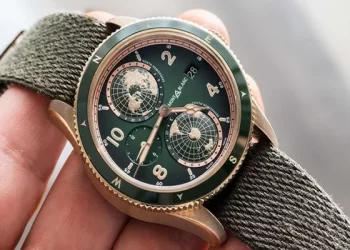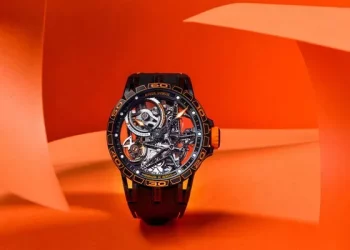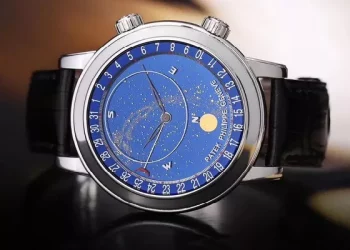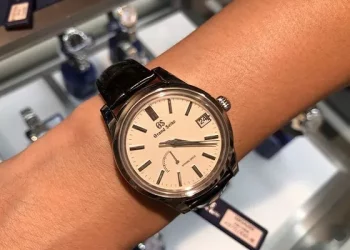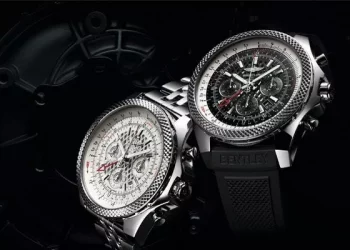Watches are an important accessory that not only helps us tell time but also serves as a fashion statement. There are many types of watches available in the market, but the most popular types are quartz and automatic watches. While both of them serve the same purpose, they have significant differences in how they function and are powered.
Quartz watches are powered by a battery and use a quartz crystal to keep time. The battery sends an electrical current to the quartz crystal, which vibrates at a specific frequency. The watch measures these vibrations to determine the time. These watches are incredibly accurate and require very little maintenance. They are also affordable and readily available, making them a popular choice for many people.
On the other hand, automatic watches are powered by a mechanical movement. They do not require a battery but instead use the movement of the wearer’s wrist to power the watch. The watch has a rotor that spins as the wearer moves their wrist, and this movement winds the mainspring, which stores the energy needed to power the watch. Automatic watches are a marvel of engineering and are prized for their craftsmanship and attention to detail.
When it comes to accuracy, quartz watches are the clear winner. They are incredibly precise and can keep time within a few seconds per month. Automatic watches, on the other hand, can vary in accuracy depending on the wearer’s activity level and the quality of the movement. Some automatic watches can be accurate to within a few seconds a day, while others may lose or gain several minutes over the course of a week.
Another significant difference between quartz and automatic watches is maintenance. Quartz watches require very little maintenance beyond battery replacements every few years. Automatic watches, on the other hand, require regular servicing to keep them running smoothly. This includes cleaning, oiling, and adjusting the movement to ensure that it is functioning correctly. Servicing an automatic watch can be expensive and time-consuming, but it is necessary to keep the watch running correctly.
Finally, when it comes to price, quartz watches are generally less expensive than automatic watches. However, there are exceptions, and some high-end quartz watches can cost more than some automatic watches. Automatic watches are often more expensive due to the craftsmanship and engineering that goes into making them.
In conclusion, quartz and automatic watches have their pros and cons, and the choice ultimately depends on personal preference. Quartz watches are more accurate, require less maintenance, and are more affordable. Automatic watches, on the other hand, are powered by mechanical movement and are prized for their craftsmanship and attention to detail. They are more expensive and require regular servicing, but they are also considered to be a symbol of luxury and style.

